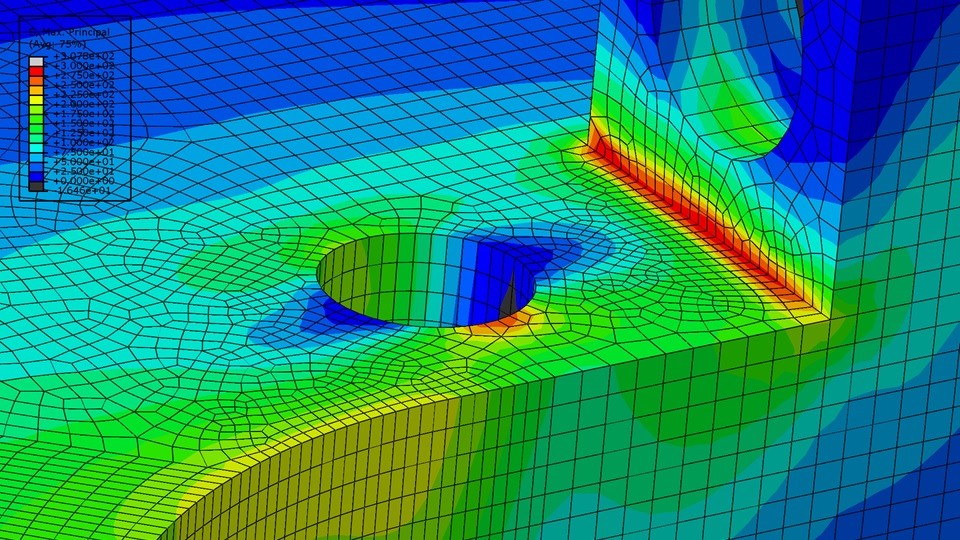ISO 30011 Determination of Elements in Airborne Particulates by Atomic Absorption
The ISO 30011 standard provides a robust methodology for the determination of trace elements in airborne particulates. This analytical technique is crucial for environmental monitoring, occupational health and safety assessments, and regulatory compliance. The process involves collecting air samples through filtration and subsequent digestion to release the elemental constituents into a solution. Once prepared, these solutions are introduced into an atomic absorption spectrometer, where the concentration of each element can be accurately quantified.
The atomic absorption method is particularly sensitive for detecting low concentrations of elements such as lead (Pb), mercury (Hg), arsenic (As), and cadmium (Cd) in air. The precision and accuracy achieved by this technique are paramount, given the potential health risks associated with these elements. This service ensures that your organization can meet stringent environmental regulations and maintain a safe work environment.
The process begins with sample collection using high-efficiency particulate air (HEPA) filters or equivalent devices. These filters capture airborne particulates, which are then transported to the laboratory for further analysis. Upon arrival at our facility, samples undergo rigorous quality checks before undergoing digestion in a microwave-assisted system. This step ensures that all elemental species are released into solution, making them accessible for atomic absorption spectrometry.
The atomic absorption spectrometer used at Eurolab employs advanced technologies like graphite furnace and flame atomization to optimize detection limits and minimize matrix interferences. The calibration of this instrument is meticulously performed using certified reference materials (CRMs) traceable to international standards such as ISO, ASTM, or NIST.
Our expert team ensures that every sample processed adheres strictly to the ISO 30011 protocol. This includes maintaining optimal conditions for both the digestion process and the spectrometric analysis. The results generated from this service are not only precise but also fully compliant with international standards, providing confidence in your compliance efforts.
Post-analysis, our team prepares comprehensive reports detailing the elemental composition of each sample analyzed. These reports include detailed method descriptions, raw data, and calculated concentrations of elements present. Additionally, we offer interpretation services to help you understand the implications of these results within the context of your specific application or regulatory requirements.
By leveraging Eurolab's ISO 30011 service for determining trace elements in airborne particulates, organizations can ensure they are meeting global standards while safeguarding public health and environmental integrity. Our commitment to quality and reliability is unmatched, making us the preferred choice for any organization seeking accurate elemental analysis.
| Element | Method Detection Limit (mg/m³) | Sample Preparation Time | Spectrometric Analysis Time |
|---|---|---|---|
| Pb | 0.01 | 2 hours | 30 minutes |
| Hg | 0.005 | 2 hours | 45 minutes |
| As | 0.001 | 3 hours | 60 minutes |
| Cd | 0.002 | 2.5 hours | 40 minutes |
Eurolab Advantages
At Eurolab, we pride ourselves on offering unparalleled expertise and advanced technologies in our ISO 30011 services. Our team of seasoned professionals utilizes state-of-the-art equipment to ensure accurate results every time. With decades of experience in environmental analysis, we provide reliable data that can be trusted for critical decision-making processes.
The precision and reliability of Eurolab's services are further enhanced by our strict adherence to international standards such as ISO 30011. This ensures consistency across all samples analyzed and a high level of confidence in the results obtained. Our comprehensive approach also includes detailed reporting and interpretation, providing you with actionable insights into your environmental challenges.
We understand that every organization has unique needs when it comes to chemical testing services. That's why we offer flexible packages tailored to meet those specific requirements. Whether you need routine monitoring or one-off assessments, Eurolab can provide the solutions needed for success in today’s competitive market environment.
In addition to our technical prowess, Eurolab stands out through exceptional customer service and support throughout your project lifecycle. From initial consultation to final report delivery, we ensure seamless communication and collaboration with clients at every stage of their analytical journey. Partnering with us means accessing cutting-edge technology combined with personalized attention - ensuring that you achieve your goals efficiently and effectively.
Quality and Reliability Assurance
At Eurolab, we are dedicated to maintaining the highest standards of quality control and assurance in all our services. Our commitment to excellence is reflected in our rigorous internal audit processes which ensure that each step from sample receipt through final report generation meets stringent requirements set by international bodies like ISO.
We employ strict quality management systems (QMS) throughout every phase of the analytical process, including sample preparation, digestion methods, calibration procedures, and data interpretation. This ensures consistency in our results across all projects undertaken by Eurolab. Our QMS is regularly reviewed and updated to incorporate new developments in the field of environmental analysis.
In addition to internal controls, we also participate actively in external proficiency testing programs organized by recognized organizations such as A2LA (American Association for Laboratory Accreditation) or UKAS (United Kingdom Accreditation Service). Participation in these programs allows us to benchmark our performance against industry leaders and continuously improve our services.
Our investment in continuous training for staff members ensures that they stay up-to-date with the latest techniques and methodologies. Regular calibration of instruments using traceable standards guarantees accurate measurements, while adherence to internationally recognized guidelines maintains high levels of accuracy and precision.





